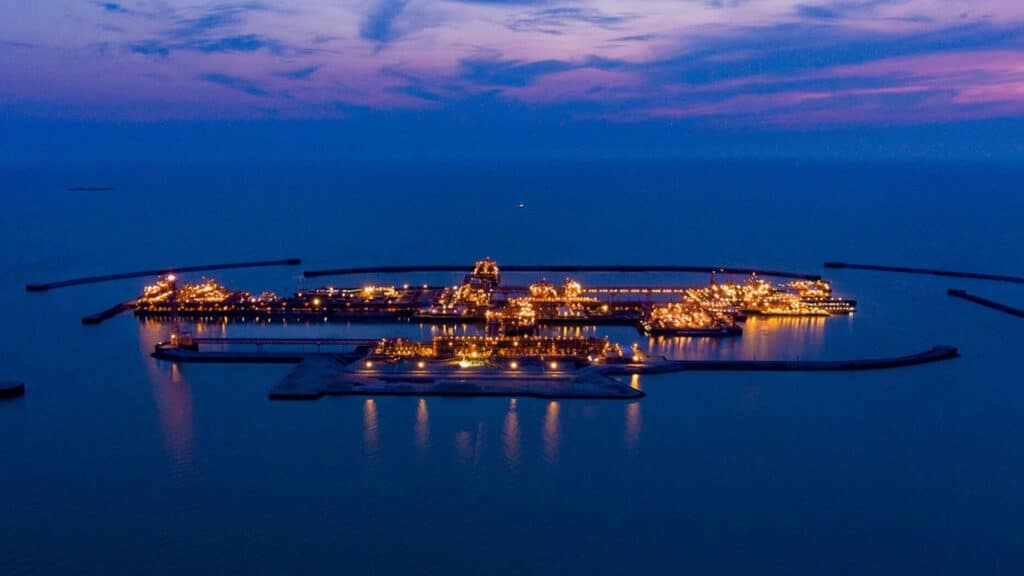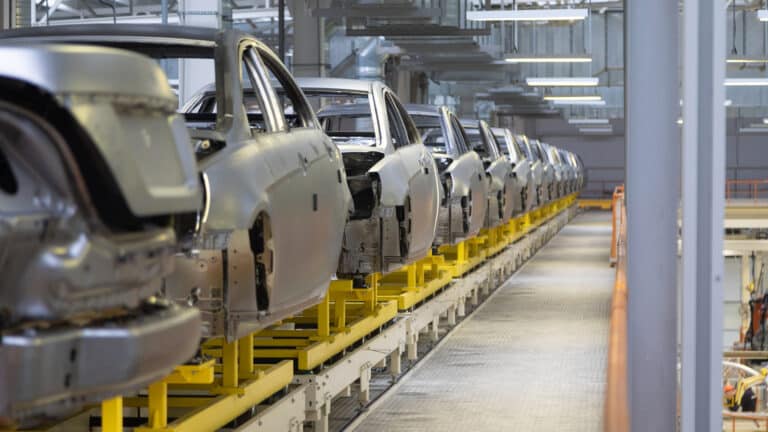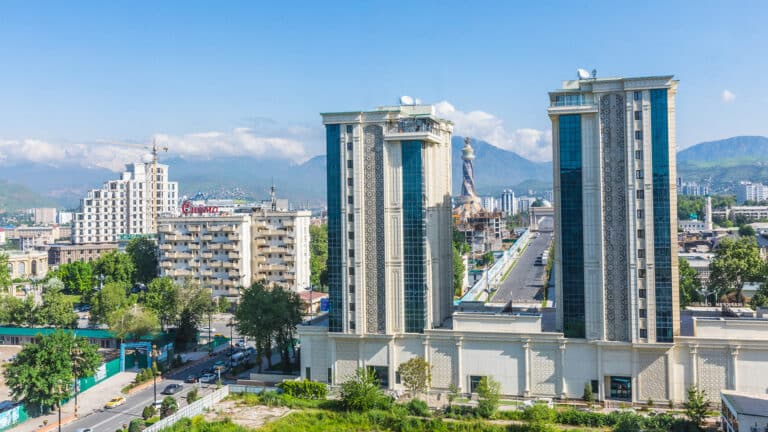
On Nov. 3, Kashagan, the largest oil field on the Caspian Sea shelf, became fully operational after a big overhaul of the production site was completed in October. The enterprise was expected to start its operations before Nov. 1, though, Kazakhstan’s Ministry of Energy said.
«On Nov. 3, Kashagan became fully operational, producing 51,000 tons of oil per day! (A new daily norm for the field),» the agency said in a statement.
On Nov. 2, the ministry reported that as of Nov. 2, the enterprise’s capacity was restored at 80%. Even though the field was supposed to reach its pre-overhaul level gradually, on Oct. 30, the ministry said that Kashagan would be fully operational on Nov. 1.
The North Caspian Oil Consortium (NCOC) that operates Kashagan, spent several weeks on the overhaul started on Oct. 7. During this period Kazakhstan’s oil output significantly dropped, allowing the country to offset overproduction under its agreement with OPEC+.
According to the petroleum exporters cartel, in October, Kazakhstan was expected to offset about 265,000 barrels per day during the overhaul at Kashagan. Kazakhstan’s Minister of Energy Almasadam Satkaliev even said that the county may reduce its 90.3-million-ton oil production forecast for this year.
Earlier this month the minister said that because of the October overhaul at the Kashagan oil field, Kazakhstan’s oil supply would drop by approximately 400,000 barrels per day.
Kashagan is the first oil and gas field in Kazakhstan’s part of the Caspian Sea with extractable reserves estimated from 9 to 13 billion barrels of oil. Commercial production of oil at the field started on Nov. 1, 2016. In 2023, Kashagan produced 18.8 million tons and 12.7 million tons in 2022.
NCOC, the international consortium, is controlled by KMG Kashagan B.V. (16.877%), Shell Kazakhstan Development B.V. (16.807%), Total EP Kazakhstan (16.807%), AgipCaspian Sea B.V. (16.807%), ExxonMobil Kazakhstan Inc. (16.807%), CNPC Kazakhstan B.V. (8.333%) and Inpex NorthCaspian Sea Ltd. (7.563%). The consortium has invested about $60 billion in the project since it’s inception.













